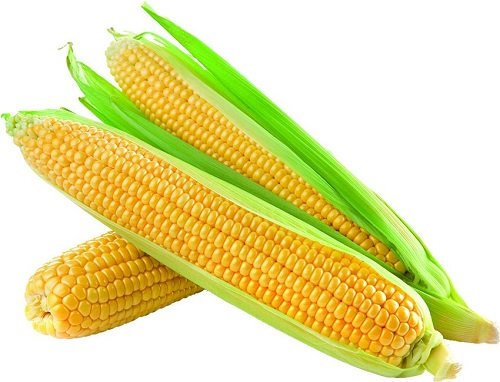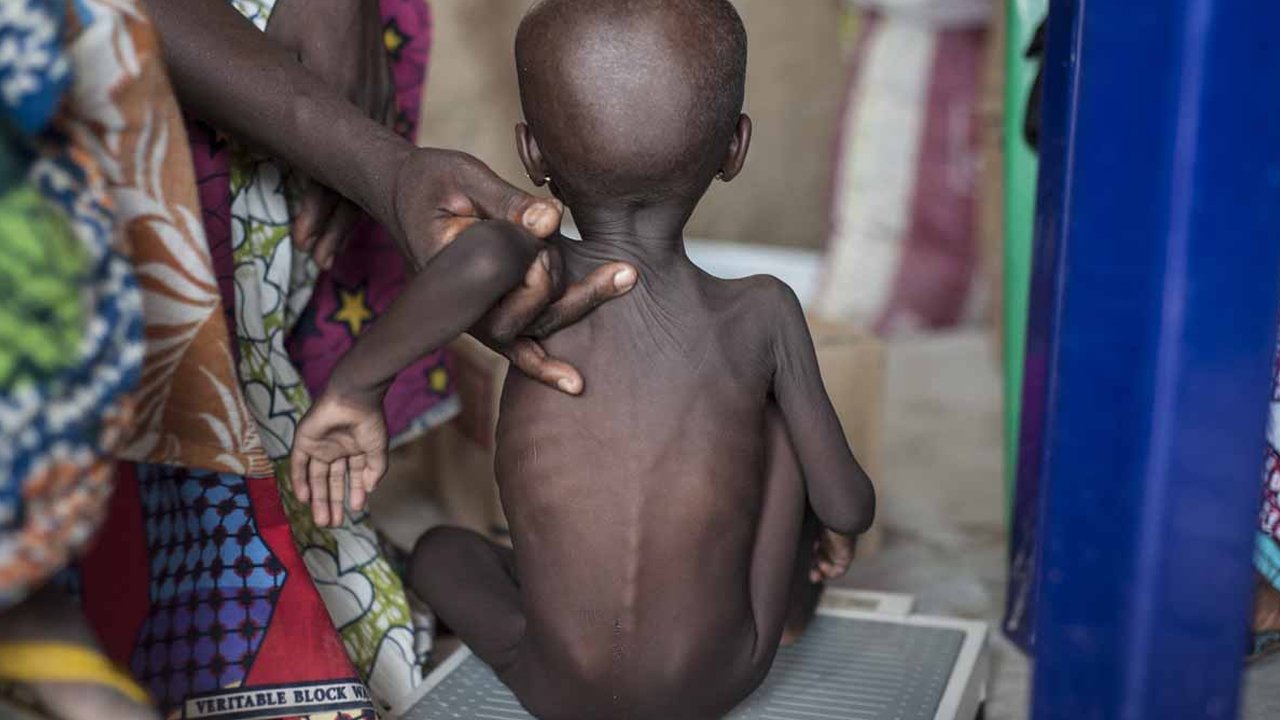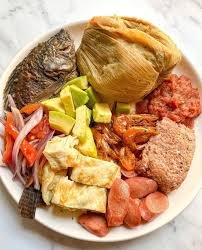Nutrition
Health benefits of corn

• Fresh corn
-Corn has soluble fibre for satisfaction and a healthy gut
One medium-sized ear of corn packs in about two grams of fibre. Corn contains fibre and insoluble fibre. It makes one feel full and satisfiedand promotes healthy gut bacteria.
Corn is a starchy vegetable, meaning it is naturally higher in carbohydrates than some other vegetables. The soluble fibre helps slow down the absorption of carbohydrates preventing spikes in blood sugar and keeping one from getting hungry again quickly.
-Corn is a source of plant protein
Adding corn to salads, pastas, rice and more is a sneaky way to up a dish’s protein content, especially if one is a vegetarian or vegan. Corn provides more protein than most other vegetables. Like fibre, protein helps keep hunger and cravings at bay and serves numerous essential functions in the body, including muscle repair and growth.
-Corn contains vision-protecting nutrients
Lutein and zeaxanthin give commonly found varieties of corn its yellow hue and constitute the main pigments found in the yellow spot of the human retina. Consuming these two carotenoids can help protect the eyes from blue light damage. It improves visual acuity, and even reduce the risk of age-related macular degeneration and cataracts.
-Corn provides potassium and magnesium
One serving of corn contains about six per cent of the daily potassium needs and nine to 12 per cent of daily magnesium needs. These minerals (both categorised as electrolytes) play a role in numerous different body processes. Potassium, to name a few, helps regulate hydration levels, send nerve signals, protect bones, and reduce blood pressure. Magnesium, too, is involved in nerve function and regulation, managing blood pressure, and reducing the risk of stroke and ischemic heart disease.
-Corn contains vitamins C and B.
Whether you consider corn a vegetable or a whole grain, it provides vitamins and minerals to the body. One cup of sweet yellow corn contains 17 per cent of the daily value of vitamin C, an antioxidant that supports your immune system, collagen production, and iron absorption.
It also offers about 24 per cent of the daily value of thiamine and 19 per cent of the daily value of folate—both are B vitamins that help convert carbohydrates into energy.
Folate is especially important to consume during pregnancy to ensure normal foetal development and prevent certain birth defects.
Source: www.realsimple.com
Nutrition
Nourishing Ghana Starts with Us: The role of citizens

The success of Ghana’s fight against malnutrition does not rest solely in the hands of the government or donors. It depends on us, the citizens. Nutrition is not just a technical issue. It is a societal one, and every Ghanaian has a role to play in ensuring that no child goes hungry, no mother is left unsupported, and no community is forgotten.
As citizens, we must shift how we see nutrition: not as a private family concern, but as a collective national responsibility. Here’s how we can act:
1. Demand accountability
Every citizen has the right and responsibility to ask how public funds are being used to support nutrition. Are local clinics stocked with supplements? Are school feeding programmes working in your district? Are maternal health services adequately funded? Ask questions. Engage assembly members. Attend town hall meetings. Make your voice count.
2. Speak up, Speak out
Silence has a cost. When we fail to speak out against malnutrition, we normalise it. Use your platform, whether it is WhatsApp group, a radio show, a church gathering, or social media, to raise awareness. Normalise conversations about child feeding, food quality, and maternal health. Silence keeps systems broken. Voices drive change.
3. Support local solutions
Support or join community nutrition initiatives. Volunteer. Share what you know. Help spread accurate information about breastfeeding, healthy diets, and hygiene. If you are a farmer, teacher, trader, or youth leader, your knowledge and effort can make a difference. Change starts in our homes and neighbourhoods.
4. Protect the first 1,000 days
Whether you are a father, grandmother, neighbor, or employer, support pregnant women and caregivers during this crucial period. Encourage antenatal care. Help with child care. Prioritise nutritious foods. The first 1,000 days of a child’s life lay the foundation for everything that follows.
When citizens care, ask questions, take action, and show solidarity, we create the conditions for lasting change. Malnutrition is not inevitable. It is a symptom of neglect, and neglect ends when citizens choose to act.
Feature article by Women, Media and Change under its Nourish Ghana: Advocating for Increased Leadership to Combat Malnutrition Project
Nutrition
Ga Kenkey

Ga kenkey, a staple in Ghanaian cuisine, is prepared with fermenting corn dough, then cooking a portion of it to create ‘aflata’ or ‘banku’. It is a popular food in the southern part of Ghana.
Ingredients:
-8 cups of dried corn
-Dried corn leaves (for wrapping)
-2 tablespoonful of stew
Preparation
-Soak corn in water overnight
-Grind corn into a powder form
-Mix the ground corn with water (dough)
-Mix part of the dough with water and put it on fire to cook
-Take the pot off the fire and mix in the remaining dough .
– When ready shape mixture into balls and set every prepared ball on a corn leaf.
– Cover each ball by wrapping the corn leaf around it
– Put water on fire. Add wrapped kenkey to boil for 45 minutes.
– When ready take them out carefully and serve them along with shito, ground pepper and fish.






